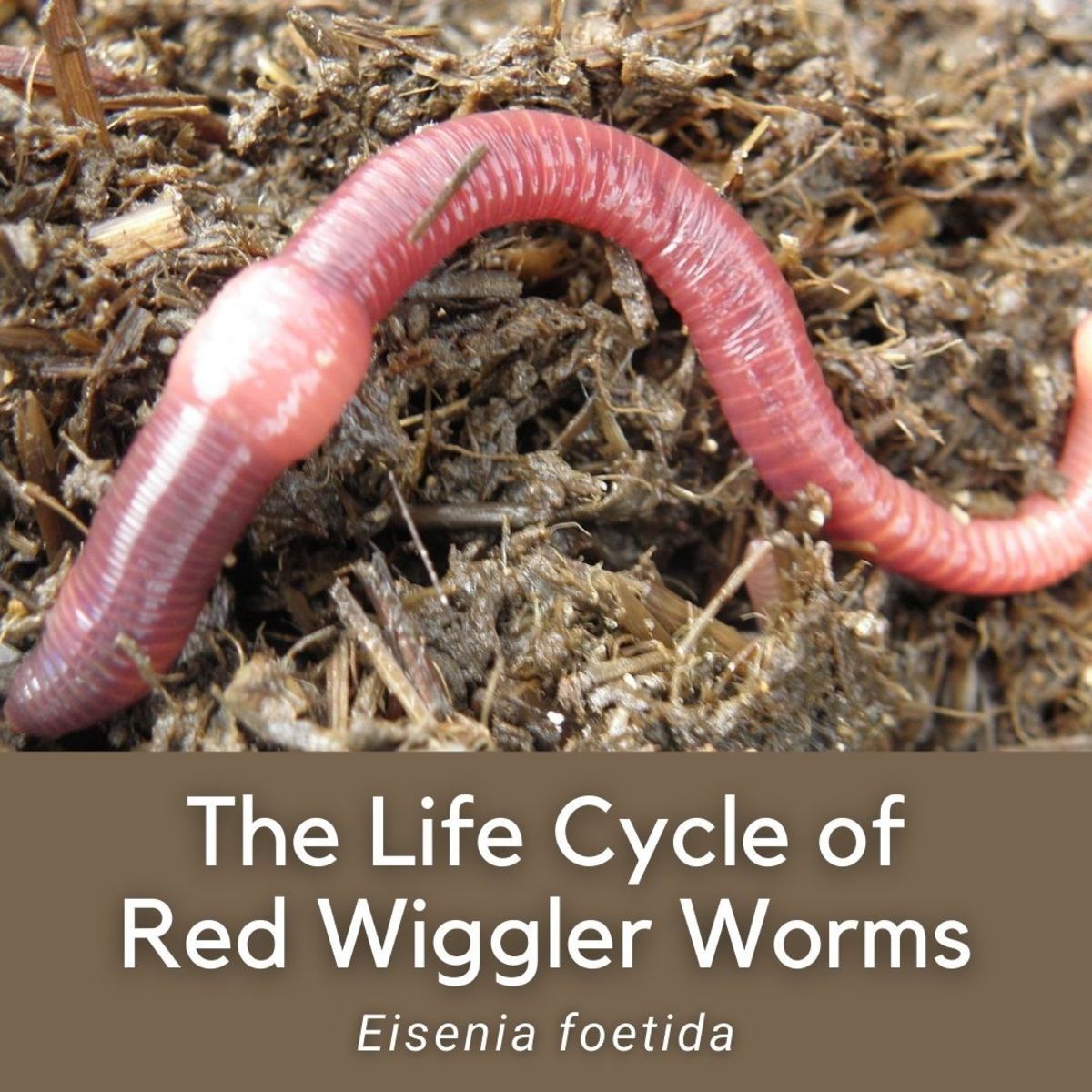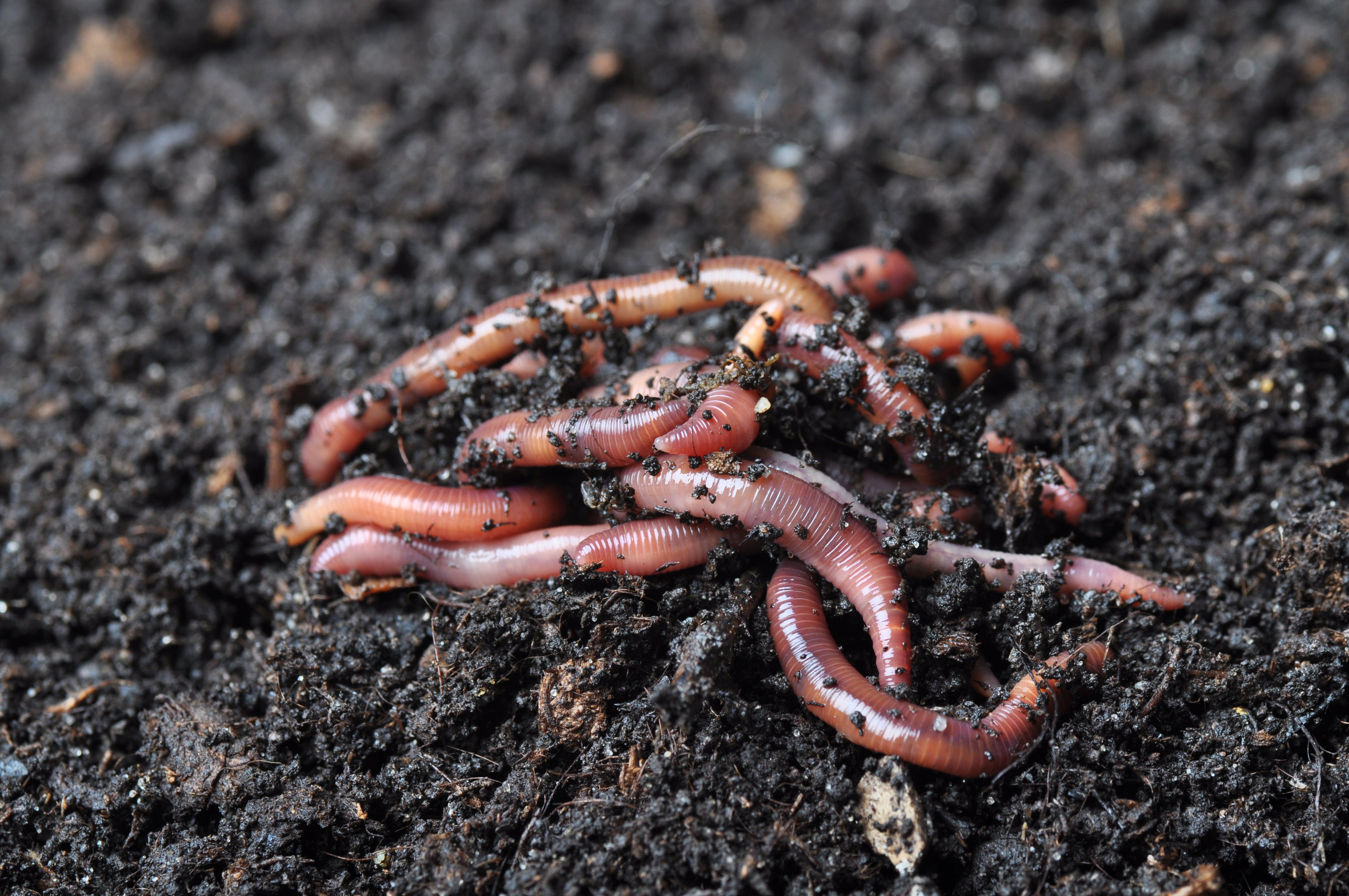Red Wiggler Worms - Effective Decomposers for Your Compost Bin
Red Wiggler Worms - Effective Decomposers for Your Compost Bin
Blog Article
Red Wiggler Worms Demystified: Unlocking the Secrets of Vermiculture for Greener Living and Nutrient-Rich Soil
In the realm of lasting practices for improving soil quality and promoting eco-conscious living, red wiggler worms play an essential yet commonly ignored function. These humble animals possess the impressive capacity to transform organic waste right into nutrient-rich castings that function as a potent all-natural plant food. By delving right into the world of vermiculture, one can uncover a wide variety of benefits that extend much beyond traditional composting techniques. Comprehending the intricacies of taking care of these worms, optimizing their setting, and utilizing their castings can cause a greener lifestyle and much healthier dirt for plants to flourish.
The Duty of Red Wiggler Worms
Red Wiggler worms play an important duty in composting systems by efficiently breaking down raw material right into nutrient-rich castings. These starved eaters eat a variety of organic products, such as kitchen area scraps, yard waste, and paper products. As they feed, the worms' digestive system processes break down the raw material right into a fine, dark, and nutrient-dense material called worm spreadings or vermicompost.
The spreadings generated by Red Wiggler worms are very valuable for soil health and plant growth. They are rich in important nutrients like phosphorus, potassium, and nitrogen, which are essential for sustaining healthy plant advancement. In addition, worm spreadings contain useful germs and enzymes that aid boost dirt framework, boost water retention, and boost nutrient uptake by plants.
Advantages of Vermicomposting

In addition, vermicompost, the nutrient-rich final product of vermicomposting, functions as a superb organic plant food and dirt conditioner. It enhances dirt structure, enhances dirt aeration, and raises soil dampness retention. These properties add to healthier plants with more powerful origin systems and much better resistance to diseases and parasites. Vermicompost likewise enriches the dirt with vital nutrients like potassium, phosphorus, and nitrogen, promoting plant development and overall soil fertility.
In addition, vermicomposting supports sustainable horticulture techniques by providing a natural and chemical-free choice to synthetic fertilizers. Red Wiggler Worms. This eco-friendly strategy not just enriches the soil yet additionally helps in reducing reliance on damaging chemicals, promoting a greener and a lot more lasting means of horticulture
Establishing Up a Worm Container
When developing a worm container for vermicomposting, proper configuration is critical to guarantee the success of the composting procedure. The initial step in setting up a worm container is choosing an ideal container. This can be a plastic bin or wood box that provides enough area for the worms to walk around and has proper drainage holes to stop waterlogging. Next, a bedding material such as shredded paper, cardboard, or coconut coir need to be contributed to the container. This bed linen supplies a comfortable atmosphere for the worms and helps maintain moisture levels.
After adding the bedding, introduce the red wiggler worms to the container. It is suggested to begin with a tiny number of worms and progressively boost as they increase. The worms need to after that be supplied with food scraps such as fruit and vegetable peels, coffee premises, and eggshells. It is vital to stay clear of including meat, dairy products, oily, or salted foods to stop bring in insects and producing unpleasant smells.
On a regular basis keep track of the moisture levels and temperature in the worm bin look at this web-site to guarantee optimal conditions for the worms. With correct setup and maintenance, the worm bin will efficiently transform organic waste right into nutrient-rich garden compost for your plants and garden.
Collecting Worm Castings
To efficiently gather nutrient-rich worm spreadings from your vermicomposting system, a methodical harvesting method is necessary. When it comes time to gather the worm castings, there are a couple of essential actions to follow to guarantee an effective procedure. Quit including fresh food scraps to one side of the worm bin for a couple of weeks prior to collecting. This motivates the worms to migrate sideways with fresh bed linens and food, making it easier to scoop out the spreadings from the various other side.

Troubleshooting Common Issues
Identifying and attending to typical difficulties that may occur during the vermicomposting process is crucial for preserving a efficient and healthy worm container. One common issue that vermicomposters encounter is overfeeding. Including excess food scraps can lead to a buildup of moisture and level of acidity in the worm container, possibly damaging the worms. To stop this, feed the worms in small amounts, ensuring that the food scraps are adequately broken down before including extra. An additional problem is unpleasant odors rising from the worm bin. Foul scents show anaerobic conditions, generally brought on by overwatering or poor ventilation. To remedy this, adjust the dampness degrees by adding dry bed linens materials like shredded paper or cardboard and boost oygenation by transforming the bedding on a regular basis.
Additionally, if the worm population is decreasing or the worms show up unhealthy, maybe due to environmental stress factors such as extreme temperatures or pH degrees. Keeping track of these variables and making required changes is necessary for the well-being of the worms. By fixing these usual issues quickly, vermicomposters can ensure a smooth and effective vermicomposting process while preserving a thriving worm population.

Verdict
To conclude, red wiggler original site worms play an essential function in vermiculture by breaking down raw material into nutrient-rich soil. The benefits of vermiculture include greener living and improved dirt top quality. Establishing up a worm container is necessary for effective vermiculture, and harvesting worm castings provides valuable garden compost these details for horticulture. By recognizing and repairing usual concerns, people can open the tricks of vermiculture for sustainable living and much healthier dirt.
As they feed, the worms' digestive procedures break down the natural issue into a penalty, dark, and nutrient-dense material known as worm spreadings or vermicompost.
The castings produced by Red Wiggler worms are very valuable for soil health and plant development. Adding excess food scraps can lead to a build-up of moisture and acidity in the worm container, potentially damaging the worms.Furthermore, if the worm population is decreasing or the worms appear harmful, it might be due to environmental stressors such as severe temperature levels or pH levels. Establishing up a worm bin is crucial for successful vermiculture, and collecting worm castings gives important garden compost for gardening.
Report this page